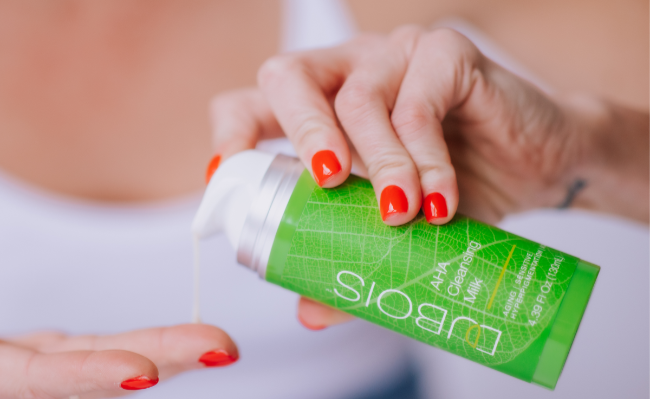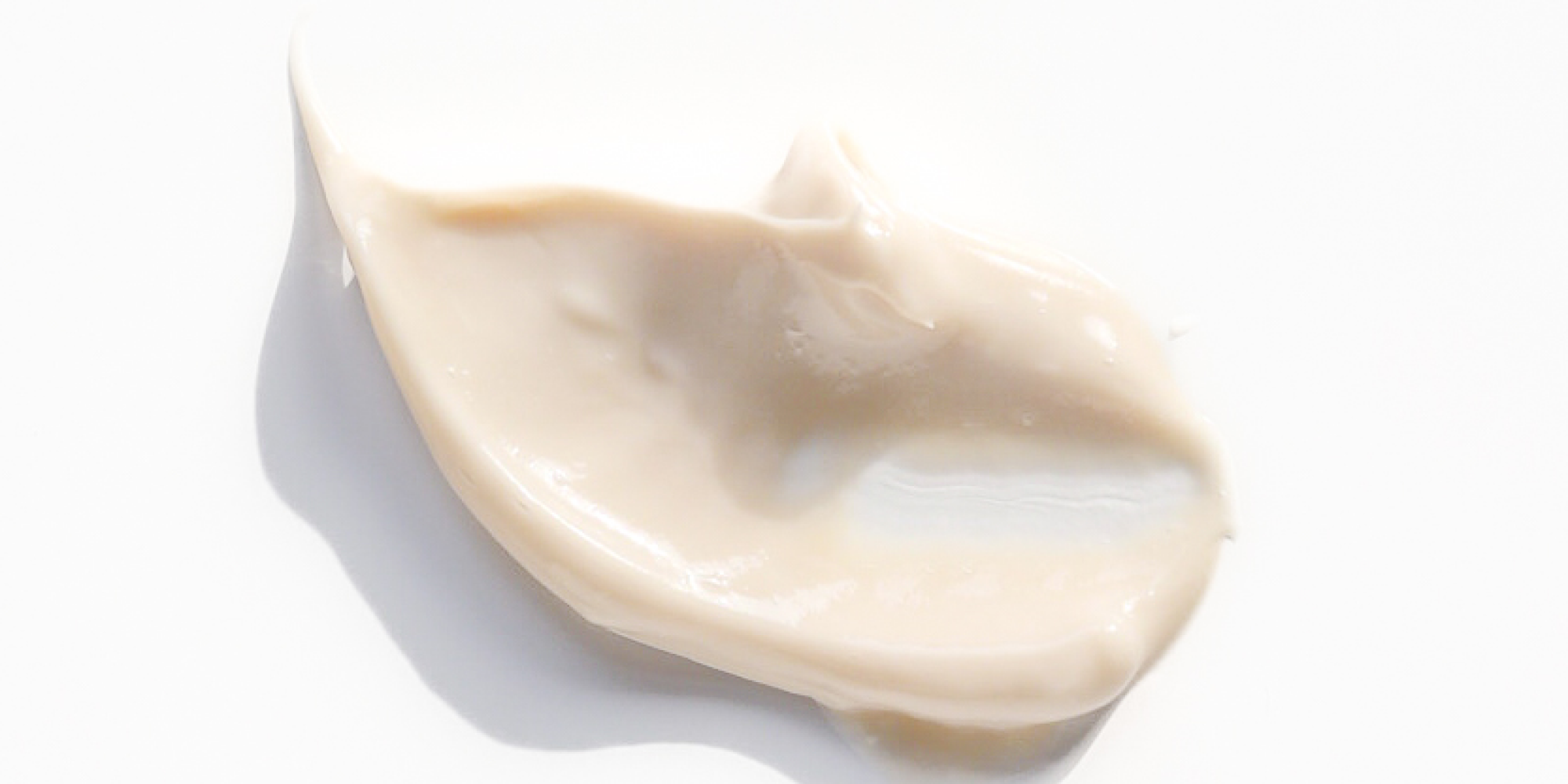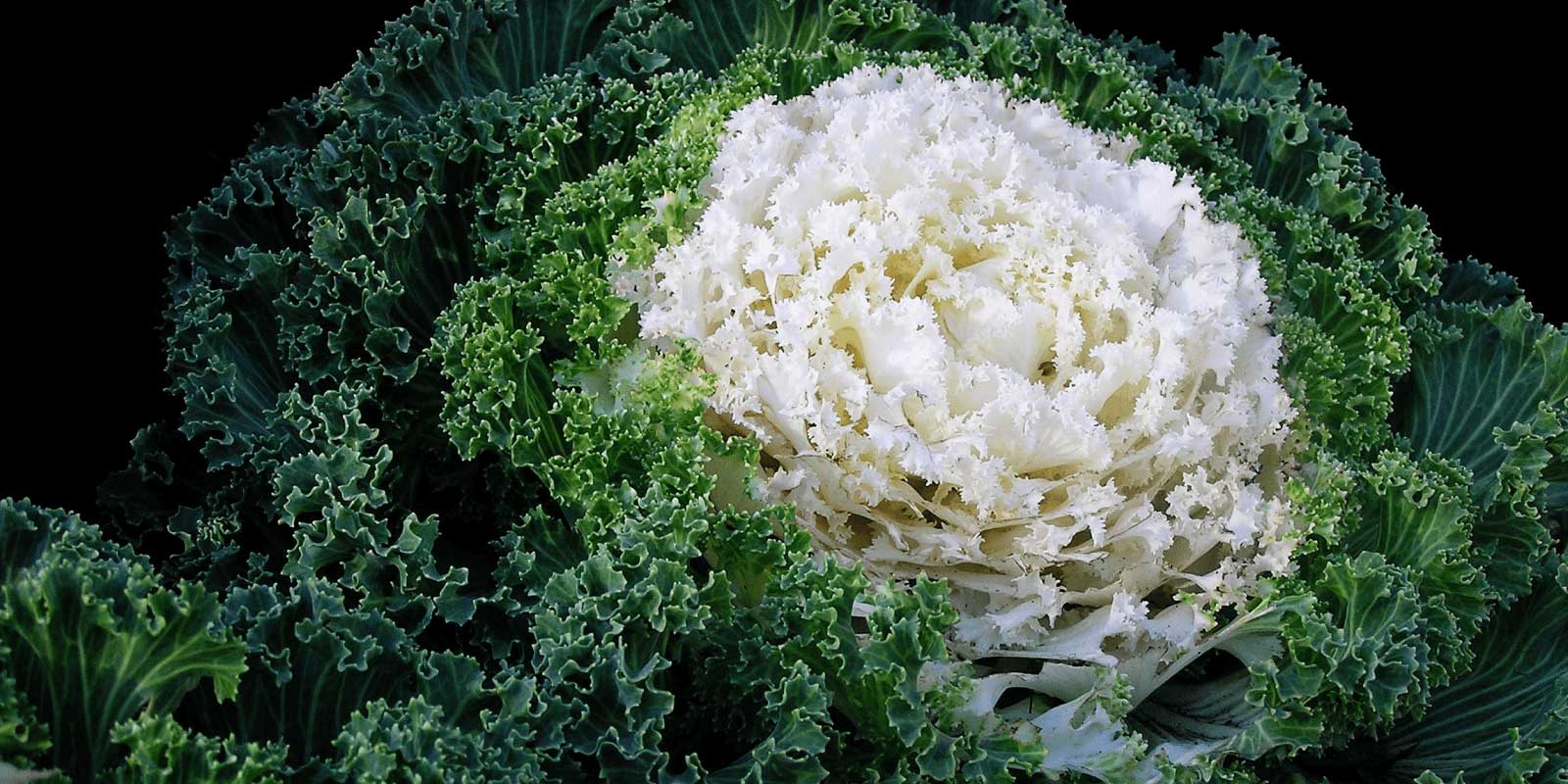
Caring for and Preventing the Causes of Sensitive Skin
A study in 2011 found that nearly half of Americans described their skin as “sensitive.” As defined by The International Society of Dermatology:
Sensitive skin is a complex dermatological condition, defined by abnormal sensory symptoms.
While “sensitive skin” is hard to define, it’s an experience many American can relate to - irritated, inflamed, red, itching, flaking, stinging, or breaking out skin.

There are a number of ways to address, help, and reduce the discomfort of sensitive skin. We recommend two paths:
- Avoiding harmful or irritating skincare ingredients AND
- Making lifestyle changes to reduce stress and inflammation
Skincare Ingredients to Avoid for Sensitive Skin

-
Fragrances: fragrances are made of artificial and natural ingredients, any of which could irritate sensitive skin. Since individual fragrances aren’t disclosed on ingredients, it’s hard to know which ingredient is causing the reaction. Look for fragrance-free, rather than unscented products, since unscented products may have ingredients to cover the scent (rather than no fragrances).
- Preservatives: preservatives keep products shelf-stable, however, many well-known preservatives irritate sensitive skin. These include:
- Parabens
- Formaldehyde and formaldehyde-releasing preservatives – including DMDM hydantoin, Diazolidinyl urea, imidazolidinyl urea, methenamine, quaternium-15, and sodium hydroxymethylglycinate
- Quaternium 15
- Phenoxyethanol
- Methylisothiazolinone
- Sodium borate, also called sodium tetraborate or disodium tetraborate
-
Sulfates: sulfates provide the foaming lather you likely know from shampoos, soaps, and cleansers. However, sodium laureth sulfate and sodium laurel sulfate can be very harsh, especially on sensitized skin.
- Exfoliants: contrary to popular opinion, exfoliating products can be safe for sensitive skin, but products must be carefully selected and used in moderation. Spot test exfoliating products behind your ears or on your forearm to see how your skin reacts. Looking for gentle exfoliates with AHAs, BHAs, and low-acid concentrations without fragrances or preservatives can help you find a happy solution.
For detailed information on the safety of any ingredient, please visit the EWG's Skin Deep Database.
Lifestyle Changes for Sensitive Skin

Your skin condition, however, also is a mirror to your health and lifestyle. From WebMD:
The following lifestyle changes can help skin sensitivity:Your skin also responds to what’s going on in your life. People with sensitive skin often report more stress, anxiety, or tension. Your skin senses the extra stress and reacts to it.
- Stay hydrated with water, herbal teas, fruits and vegetables
- De-stress with mindfulness, fresh air, meditation
- Incorporate regular exercise, movement, and breathing exercises
- Help overall health and skin appearance by avoiding inflammatory foods (like refined carbohydrates, fried foods, red meat, sodas) and selecting anti-inflammatory foods (like leafy greens, nuts, olive oil, and berries)
Read more:
For more information about eating for skin health, see Micronutrients & Skincare: 5 Ways to Incorporate Micronutrient Foods into Your Daily Routine





